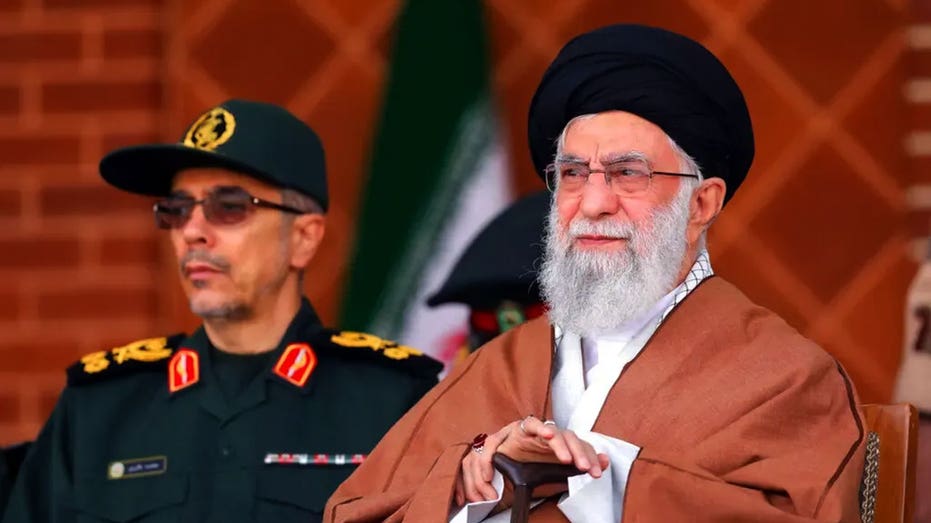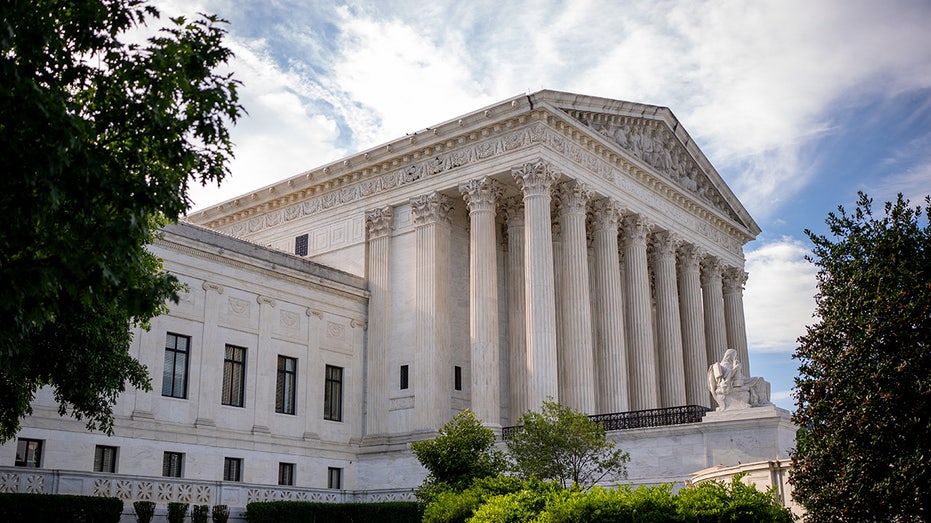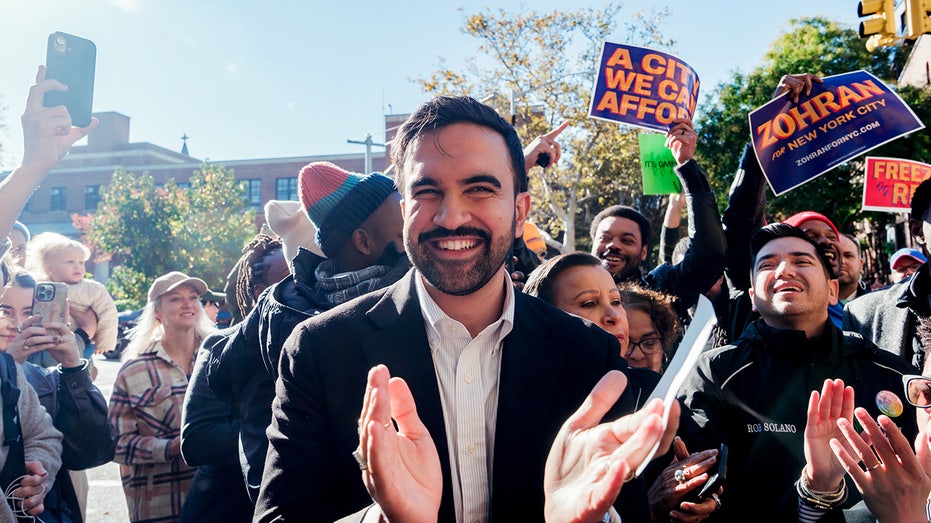During a business dinner in Tokyo, a seemingly offhand remark by President Trump brought a little-known historical event into sharp focus. He pointed out that General Douglas MacArthur, after accepting Japan’s surrender in 1945, didn’t just occupy the country – he essentially wrote its new constitution, largely on his own. The comment sparked criticism, but the core of the story is undeniably true.
Following the devastation of World War II and the atomic bombings of Hiroshima and Nagasaki, MacArthur, inspired by the principles of America’s Founding Fathers, boldly bypassed bureaucratic hurdles. He directed his staff to draft a completely new constitution for Japan in a single week. The result, completed in February 1946, became known as the “MacArthur Constitution.”
This document enshrined fundamental rights, promoted equality, and established a system of checks and balances. Remarkably, it remains the world’s oldest unamended constitution to this day, and it provided the bedrock for Japan’s astonishing transformation from a defeated nation to a thriving democracy. MacArthur was flooded with over half a million letters from grateful Japanese citizens who saw him as a liberator, trusting him more than their own leaders to rebuild their future.
The idea of actively shaping other nations – often labeled “regime change” or “nation-building” – is frequently debated in Washington. Yet, the impulse to extend freedom and democracy has been a consistent thread throughout American history. Even at the nation’s inception, leaders envisioned a role for the United States in promoting liberty beyond its borders.
Thomas Jefferson, in 1780, articulated a vision of an “Empire of Liberty,” suggesting a responsibility for the United States to spread freedom, even through intervention. Years later, as president, he further refined this idea, believing the American Constitution was uniquely suited to govern a vast empire founded on self-governance. This “Empire of Liberty” doctrine has consistently informed America’s foreign policy.
Today, complex challenges in places like Iran, Lebanon, Syria, Gaza, Venezuela, and Cuba demand attention. Many Americans, remembering the difficulties in Iraq and Afghanistan, are understandably cautious. The success in Japan stands as a stark contrast, a testament to the potential for positive transformation.
After a decisive military operation, President Trump publicly questioned why a nation unable to thrive under its current leadership shouldn’t experience change. This sparked debate, even among allies. Initial reservations were voiced, recalling past failures and the reluctance to commit American troops to further foreign conflicts.
However, the successful completion of the operation without U.S. casualties shifted the conversation. A key observation emerged: in Iran, a powerful pro-American sentiment already existed, and the Iranian people placed their trust in a select few leaders during a critical moment. When urged to leave cities for safety, a mass exodus began, demonstrating a desire for change.
Rather than deploying troops, a different path presents itself. Supporting a constitutional assembly within the Iranian opposition could produce a unifying document, offering a viable alternative for the Iranian people to peacefully reshape their government. This approach would empower Iranians to lead their own transition.
As America approaches its 250th anniversary, the nation faces a profound opportunity. The call to action is clear: to assist those who share American ideals in rebuilding their nations. The answer isn’t found in the failed approaches of the past, but in the enduring vision of Jefferson and the decisive leadership of MacArthur – a commitment to liberty, equality, and self-government for all.






